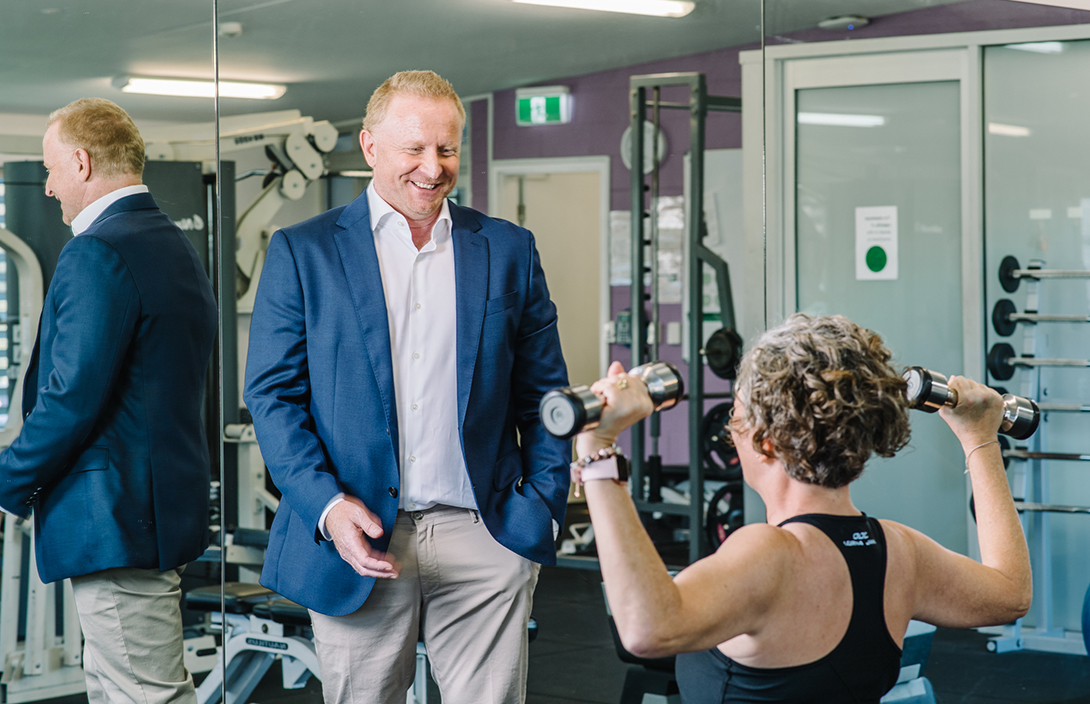Strength training could be the key to preventing chronic disease, according to a group of University of Southern Queensland researchers.
In a new review paper published in Sports Medicine – Open, USQ physical activity epidemiologist Dr Jason Bennie said there was growing scientific evidence that muscle-strengthening exercise such as push-ups, squats or lifting weights could help manage and prevent disease.
“When people think of physical activity, they often think of activities like jogging, cycling and swimming, while strength training tends to be overlooked or ignored,” Dr Bennie said.
“The main reason is historically most physical activity promotion has been focused on aerobic exercises, but what many people don’t realise is the crucial role strength training can play in chronic disease prevention and management.
“Our review clearly shows that the benefits of strength exercise is now at a level where it deserves to be considered just as important to our overall health and wellbeing.”
The research paper found that strength exercise was superior to aerobic activity when it came to emerging health conditions such as maintaining physical function and preventing muscle wastage and cognitive decline.
“This is particularly important when considering the current demographic trend of an aging population that declines in muscle mass, function and cognitive function is among the key public health challenges in our time,” Dr Bennie said.
Less than 30 per cent of adults meet the World Health Organization’s physical activity recommendation of two muscle-strengthening sessions each week.
With many Australians spending more time closer to home and social distancing due to the COVID-19 pandemic, Dr Bennie encouraged more people to focus on strength training.
“Nearly twice as many people do some level of aerobic exercise compared to strength exercise which indicates that only part of the message is getting across,” he said.
“There needs to be a shift in people’s attitudes towards strength training, and start to challenge some of the negative stereotypes attached to it.
“We often hear people say they don’t have enough time, fear they may be injured or find gyms to be intimidating, but most strength exercises can be done at home and require minimal equipment.”
Read more:
>>> Stay fit with free Active at Home workouts
>>> USQ scholarship helps Caitlyn start university on the right foot


